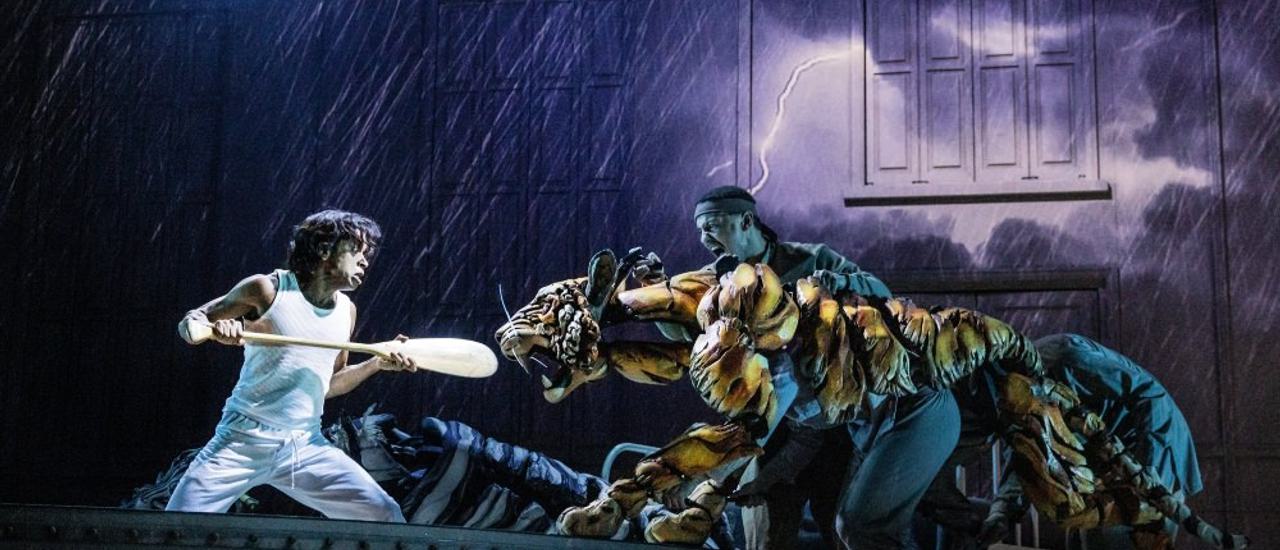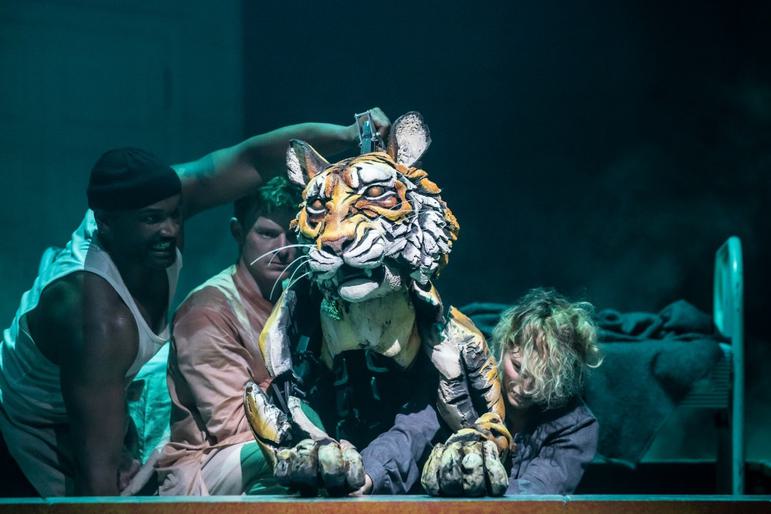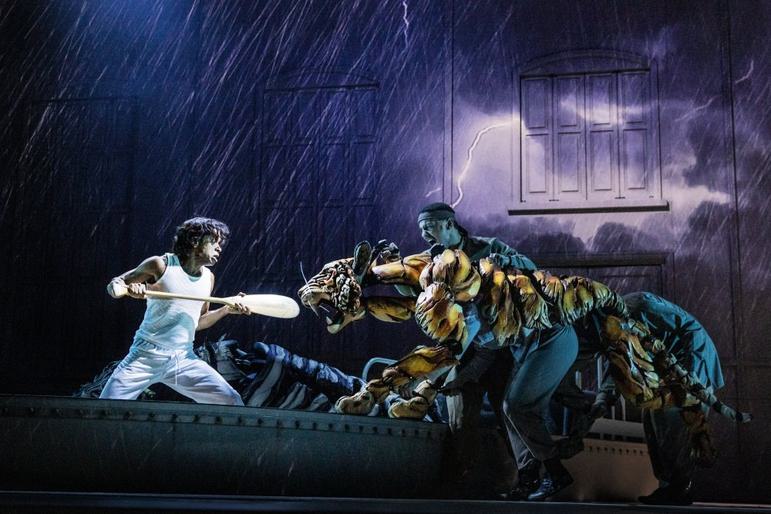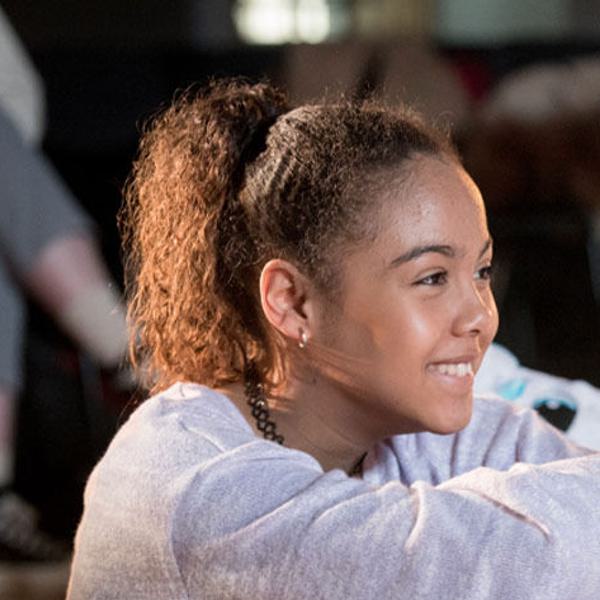 >
>News Story
Romina Hytten began her career with Chichester Festival Youth Theatre and is one of the team of puppeteers bringing to life ‘Richard Parker’, the life-sized Royal Bengal tiger in Life of Pi, and for which she collectively won an Olivier Award. She told Mark Fisher about playing the tiger ‘heart and hind’.

What is the route to getting a job playing part of a tiger?
Romina: Puppetry is amazing in that you do get to play the most bizarre roles. I learned puppetry at Chichester Festival Youth Theatre when I was 16, although I did my first puppet when I was 11 and that was a tiger, which is funny – I have been typecast! I didn’t train at drama school, but I managed to learn on the job and have been inspired by everyone I’ve worked with in the last ten years. And here I am with Life of Pi.
I’m very excited to go back to Chichester and perform. It was always a bucket-list thing of young Romina standing on the stage thinking, “Wow, imagine if one day I was a professional actor and got to perform back on this stage.”
Is learning a part like this similar to playing a musical instrument in that you have to master the notes on the score before adding your own interpretation?
Yes. It’s incredibly technical when you first pick up a puppet. You have to learn to move in specific ways. This show is very physical and you have to train your body to cope. You have to learn to breathe and to be the tiger. After you’ve learned all of that and your brain is exploding, you get to a point when you know your teammates so well you can read their minds. You can improvise on stage and that’s so beautiful. That’s when the tiger comes to life.
How important is it to work as a team?
Each puppeteer brings a different energy and you have to tune in with them. I did the show for 15 months in London and we were still finding new things right in the last week. We keep learning from each other and the show gets richer. We have a rotating system because it would be too physically demanding to play the tiger every night, so we get to watch each other. When you’re in the puppet you can’t tell if what you’re doing looks good so you have to rely on your teammates to tell you. It’s very collaborative and a lovely way to work.

Can you bring your own personality to it?
It’s very collaborative so lots of my ideas have gone into it. There are little tricks you’ve been able to come up with, so if you step off the bed in a particular way it becomes known as the “Romina move” or whoever the puppeteer is. We’re acting Richard Parker, so you bring your own emotions to each scene. As the heart, I might react differently from one of the other puppeteers in that moment. There are individual energies.
Is it hard to be in full view and yet not be seen?
Yes. There is a set of puppetry principles that allows us to disappear. When you’re playing a tiger, you’re very fierce and you’re making big tiger roars. I don’t put the energy into my body or into my face but into the puppet. I find it meditative. You feel everything but you’re sending the energy away. You have to have no ego to go on stage and say, “Don’t look at me, look at this.” Also, you can’t look good unless your whole team looks good so you have to want to be a tiger with your team. When you’re really in sync that’s when you disappear and people will just see a tiger on stage.
Life of Pi comes to the Festival Theatre for an extended stay on its UK tour from 16 November - 2 December with tickets from just £10.
 >
>CFYT: Be part of something
Aged 5 - 25? Chichester Festival Youth Theatre is a place where you can have fun, make friends and, most importantly, be yourself!